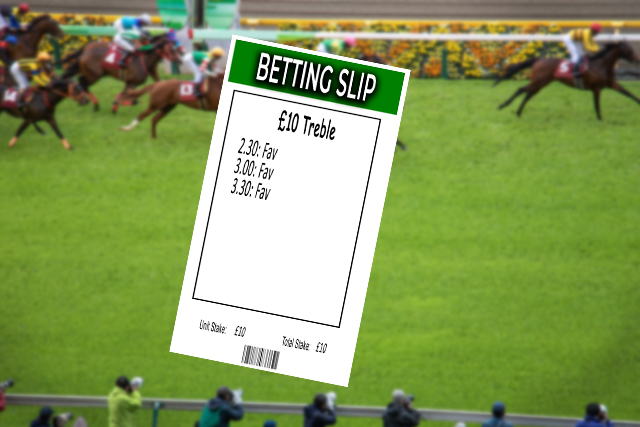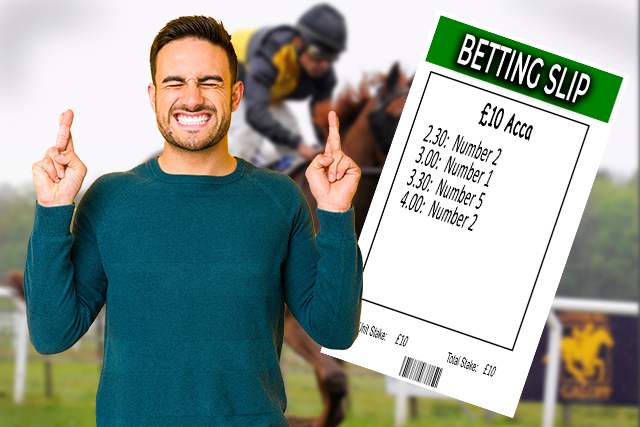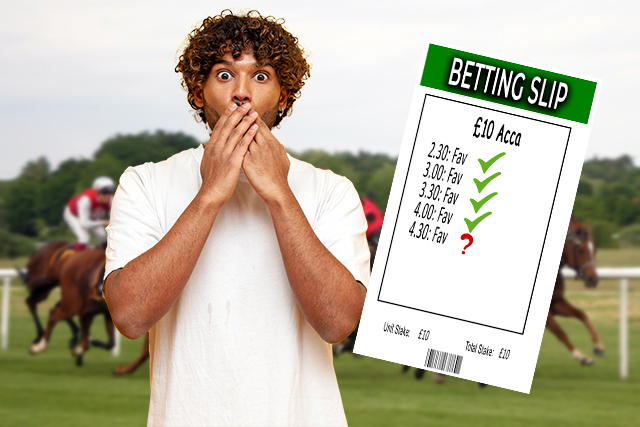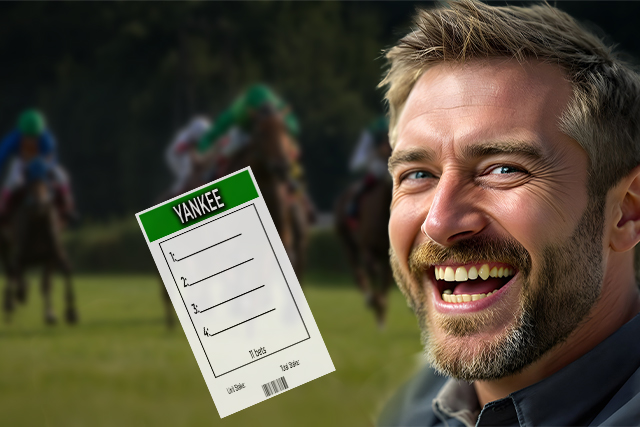The Double Bet: Simple but Exciting
By Stuart Ward, 5th January 2025

If you have whetted your appetite after reading the pros and cons of accumulator betting, starting with a double would be my best advice.
Taking baby steps while building on your knowledge is the only way to stand a chance of making a bit of cash from the bookies in the long term.
Want to make it work?
It requires hard work and study. And you'll need a structured plan. This is the reality if you have a strong desire to make it work. You are going to have to know your horses.
If you want to learn more about how you can take your racing to the next level, click here.
What is a double?
A double is the simplest accumulator you could ever place. Indeed, it is one level up from a single bet. That undoubtedly makes it the perfect place to start for those seeking big payouts.
A double is one bet on two selections in two separate events.
Those events could be anything your bookmaker may offer. Football matches, tennis, or golf, for example, but we will concentrate on horse racing.
So, with that in mind, your double would consist of one wager on two horses to win in two separate races.
As an example:
You bet on horse number 1 to win the 2:30 at Ascot and horse number 2 to win the 3:05 at Ascot.
If horse number 1 wins the 2:30 but horse number 2 loses the 3:05, you lose your bet. Your money then stays with the bookmaker while you curse yourself.
It doesn't matter if your horse lost by a nose or a length. Your double has lost.
But if both horses win their races, you have a winner and a fistful of cash to collect from your bookmaker. Happy days!
What happens if a selection is a non-runner?
If the selection you have chosen withdraws before the race begins, your wager will then become a single bet on the other selection.
If both selections become non-runners, your bet is void, and the bookmaker will return your stake. But this may not be true if you have placed an ante-post gamble.
How are the returns calculated on a double?
As you have one bet predicting the winning horse in two races, the returns from the first winning selection will go on to the second selection.
Let's dive into the maths.
Take our example wager (mentioned above), and let's say you have staked £10 to win.
Your first selection won the 2:30 at Ascot at odds of 2/1. Great! You're halfway there.
The winnings plus your initial stake will all go on to your second selection, which runs in the 3:05 at Ascot.
Your second selection won the 3:05 at Ascot at odds of 15/8. Fantastic! You've got cash to collect.
So £10 at 2/1 returns £30. And that £30 multiplied by 15/8 returns £86.25.
Summary
I have a strong belief that backing singles offers the best chance of making long-term profits from horse racing. That belief stems from twenty years of experience working in the betting industry.
But the beauty of the double bet is its simplicity. It's the best place to start if you want to dip your toes into the thrilling world of accumulator betting.
Ready to learn more? Let's explore the Treble.




